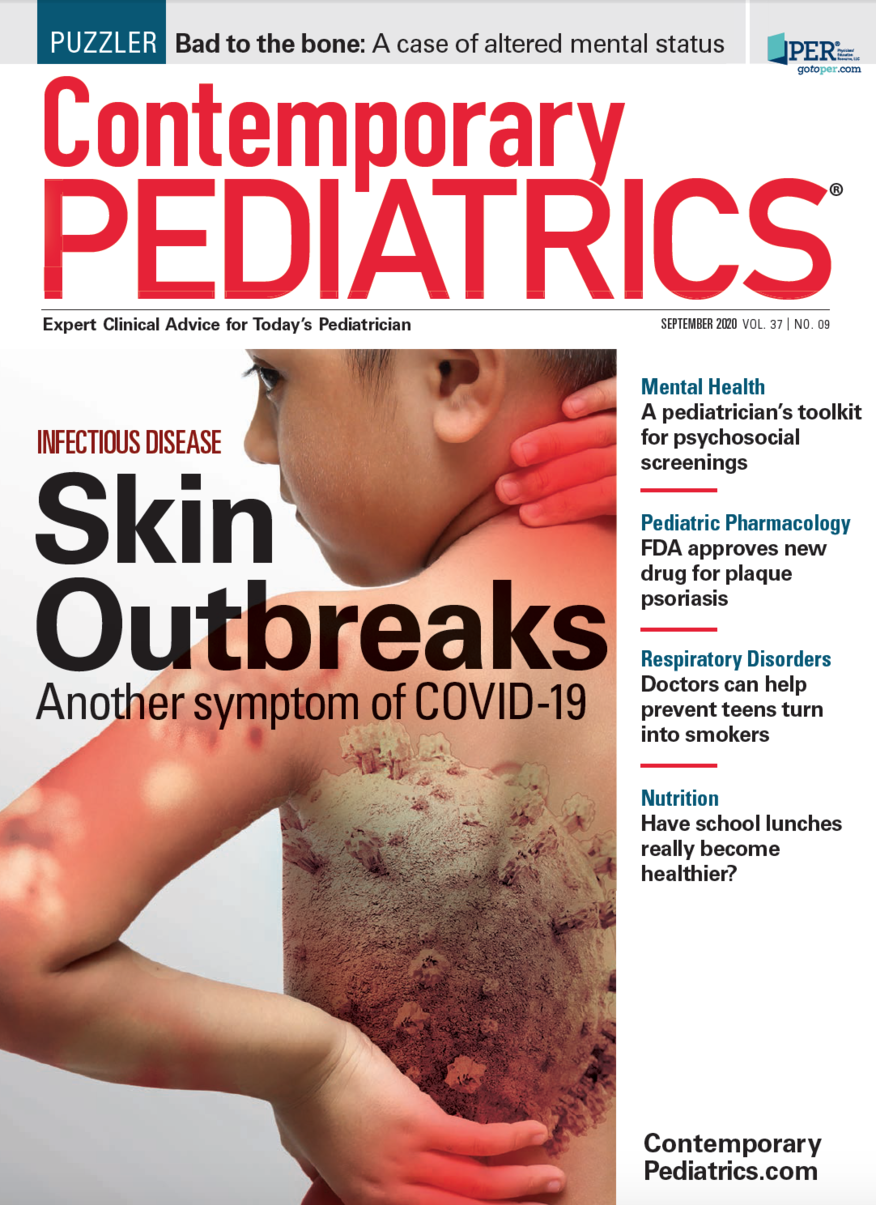Is botulinum toxin effective for treating children’s migraines?
A new study examines the efficacy of the toxin for migraine treatment in pediatrics.
"Perhaps” might be the best answer to this question, based on a review of the literature on use of botulinum toxin for treating pediatric chronic migraine. Seven studies with from 1 to 30 participants were included in the review: 2 retrospective analyses, 3 case series, a case report, and a single randomized controlled trial with 125 patients. The number of treatments ranged from 1 to 11, and dosing and injection protocols varied. Only the randomized controlled trial had fixed protocols; the other studies combined a fixed protocol with one that “followed the pain.” Dosages ranged from 100 to 215U, with treatment given about every 3 months.
The randomized controlled trial found no benefit to botulinum toxin compared with placebo. The other studies noted clinically significant benefits for headache frequency, migraine intensity, or migraine duration. Two studies found that headache frequency decreased 50% whereas others noted even greater decreases of 74% and 97%. Decrease in migraine intensity ranged from 25% to 100%. The one study that measured migraine duration showed a median decrease from 8 to 0.75 hours. Side effects were minimal in most studies, generally injection site pain and tenderness (Marcelo R, et al. J Child Neurol. 2020; Epub ahead of print).
Thoughts from Dr. Farber
We can add botulinum toxin to the long list of proposed treatments for pediatric migraine that possibly are worth trying but are not yet proven in large enough randomized, controlled trials. Others on this list include antiepileptics, tricyclics, SSRIs, beta-blockers, and antihistamine medications, as well as cognitive behavioral therapy.

Having "the talk" with teen patients
June 17th 2022A visit with a pediatric clinician is an ideal time to ensure that a teenager knows the correct information, has the opportunity to make certain contraceptive choices, and instill the knowledge that the pediatric office is a safe place to come for help.
Meet the Board: Vivian P. Hernandez-Trujillo, MD, FAAP, FAAAAI, FACAAI
May 20th 2022Contemporary Pediatrics sat down with one of our newest editorial advisory board members: Vivian P. Hernandez-Trujillo, MD, FAAP, FAAAAI, FACAAI to discuss what led to her career in medicine and what she thinks the future holds for pediatrics.